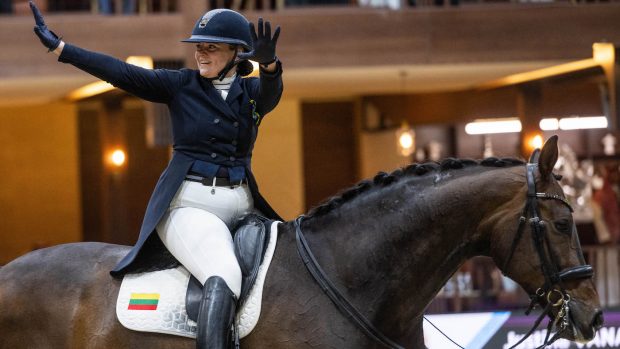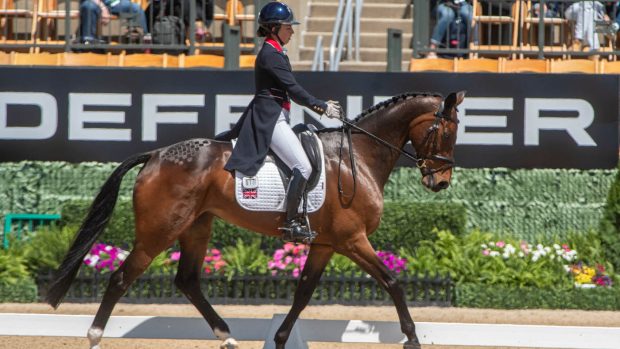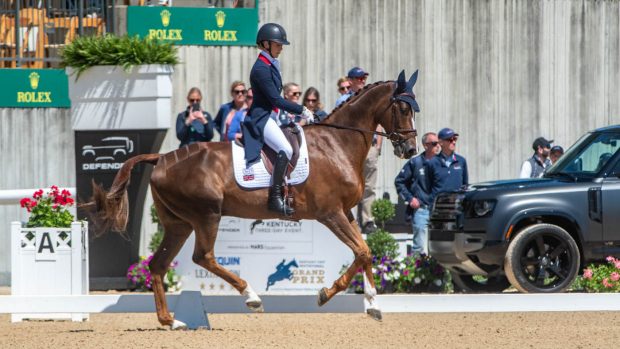Newmarket’s Equine Fertility Unit (EFU) will close at the end of this month. A final attempt to raise the £500,000 funding needed to keep the unit running for another year failed last Monday.
“I’m disappointed and annoyed, but I’ve got used to it now,” said Professor Twink Allen, who has led the pioneering unit since its establishment in 1970.
The EFU produced Europe’s first test-tube foal, and has been the primary driver in increasing fertility in Thoroughbreds. Work will cease at the end of this month and its Newmarket premises will be vacated by the end of December.
“Two of our projects will be transferred to the Animal Health Trust (AHT) and we’re starting up what we call ‘The Garage Laboratory’,” said Prof Allen. “We’ll rent an office and write up the work of the past two or three years.”
In May, Prof Allen told H&H he believed the decision to close the unit by the Thoroughbred Breeders Association (TBA) was political. At the time, he said he was “gutted”.
“Everyone’s feeling the pinch in racing and funding has been cut across the board,” said Newmarket vet and TBA veterinary representative Richard Greenwood, who helped lead the last-ditch attempt to raise funding.
“It’s a terrible shame — we’ve lost a world-class centre of excellence,” said Mr Greenwood, of Greenwood Ellis. “The £500,000 the EFU needs per year is the cost of one decent yearling, but people still felt it was too much.”
Mr Greenwood added: “Although the AHT will continue some research, the worry will come if we get an unforeseen problem such as mare reproductive loss syndrome [MRLS], which they got in Kentucky three years ago and caused mares to start aborting. We’ve got practitioners, but not researchers — there’s no other institution doing equine reproductive work in this country now.”
Sidney Ricketts from Newmarket-based Rossdale and Partners was also involved in trying to find core funding for the EFU.
“A lot of people have put a lot of work into trying to find a solution, and we were very close to it, but the industry was not able to find the resources to fund it,” he said. “The whole veterinary profession, I’m sure, is sad there’s no way forward.”
This news story was first published in Horse & Hound (20 September, ’07)




